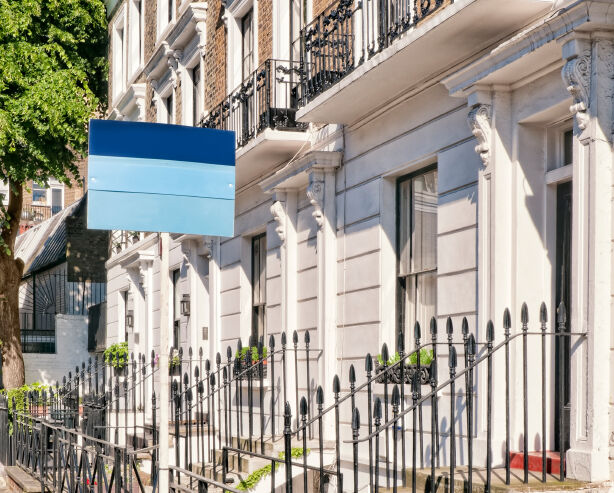Buy to let tax changes in the Autumn Statement have left most landlords feeling incredibly hard done by. George Osborne’s decision to increase stamp duty on second home purchases by 3 percentage points has drawn dire predictions from journalists, and harsh words from those affected. ‘If it’s the chancellor’s intention to completely eradicate buy to let in the UK then it’s a mystery to us why he doesn’t just come out and say so,’ remarked Richard Lambert of the National Landlords Association.
The headlines heralding a buy to let doomsday, however, are focused solely on private landlords. For commercial landlords, the picture is very different.
Now that some of the dust has settled, analysts are turning their attention to the exact wording of the statement. Osborne set out an important caveat in his speech, when he announced that the stamp duty hike would not apply to everyone:
‘The higher rates will not apply to….corporates or funds making significant investments in residential property, given the role of this investment in supporting the government’s housing agenda,’ he said. ‘The government will consult on the policy detail, including on whether an exemption for corporates and funds owning more than 15 residential properties is appropriate.’
The government is still in talks over the minutiae, and details could change. But the current rhetoric is in line with the tone many company landlords have long since adopted; making buy to let professional means fairer rents and better service for tenants. By offering commercial landlords a break, it seems likely that Osborne is planning to reshape the UK rental market in the image of some of our neighbours.
The UK buy to let scene is dominated at the moment by smalltime private landlords who own fewer than ten properties, unlike many other countries in Europe. In Germany, for example, the market is largely institutionalised, and they have dodged many of the problems we face in the UK.
The exemption means that setting up a limited company to hold your properties has suddenly become much more attractive. Although this will be subject to corporation tax and taxes on dividends, it is a way of avoiding the stamp duty surcharge. Nor will the tax relief cuts announced in July affect landlords operating in this way. Essentially the two major changes this year, both of which have hit buy to let hard, will not apply. Lenders have said they expect to see more landlords owning homes within a company structure as investors adapt to the changes.
Funding for commercial property has traditionally been seen as much harder to come by; banks are reluctant and interest costs are higher. That said, Enness have a huge amount of experience sourcing and structuring this type of finance, and tax-wise at least there are fewer disadvantages. The 10% dividend tax will be abolished in April 2016 and replaced by a £5,000 dividend allowance. Assuming 3% yields, this mean anyone investing less than £150,000 in share investments will pay no tax on their dividends. Corporation tax also continues to fall, with plans to reduce the rate to 18% by April 2020. For the right person a personal investment company could be a profitable ownership vehicle.
It seems clear that buy to let will need to adapt, and it is more important than ever to seek guidance from a mortgage or tax adviser. But the news that company landlords are exempt from the changes will be a light at the end of the tunnel for some. In this sector, we can expect improved rental conditions and an overall lift. And if not, just remember – caravans and houseboats are unaffected as well.
Read more about our real estate finance UK here.




